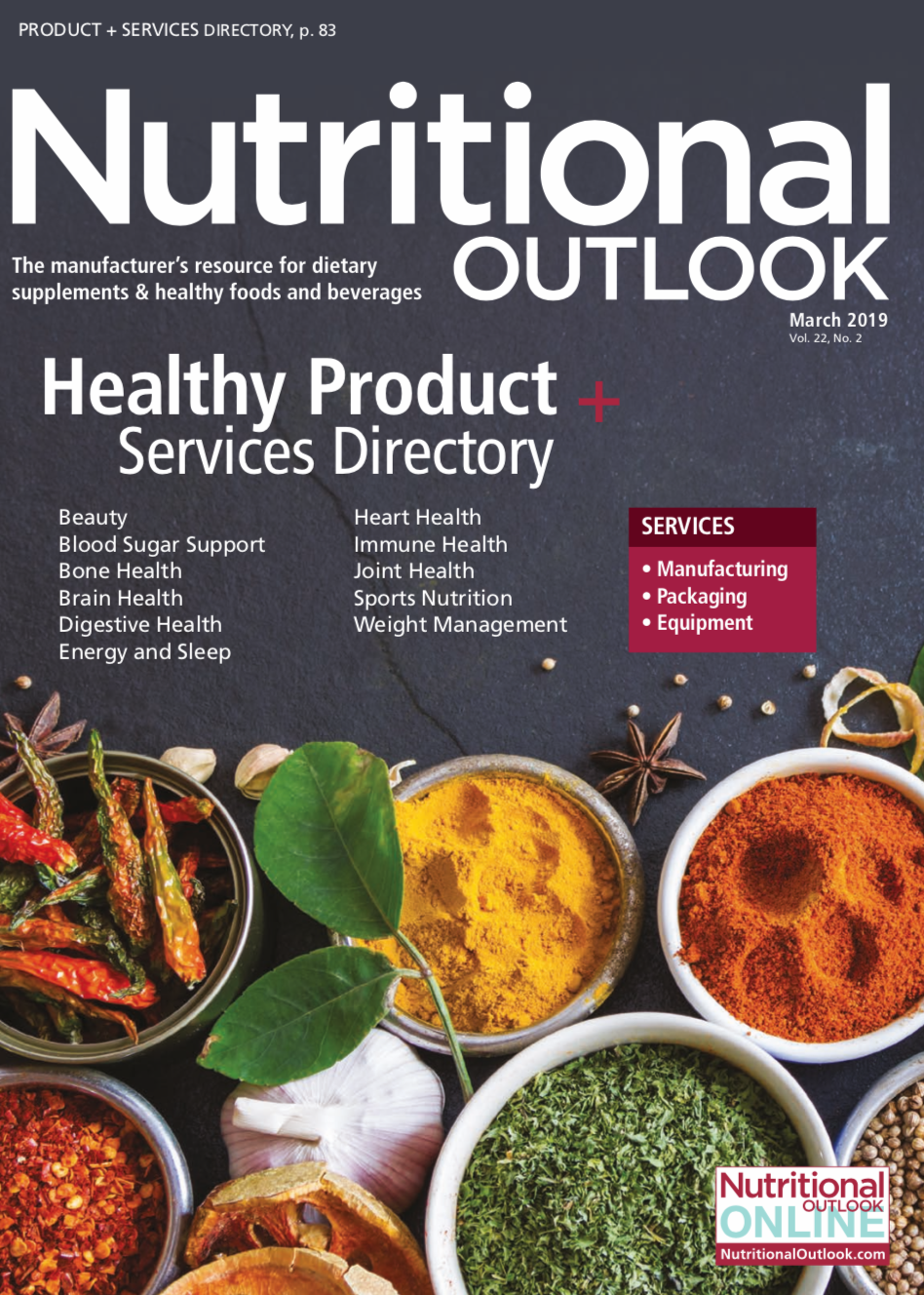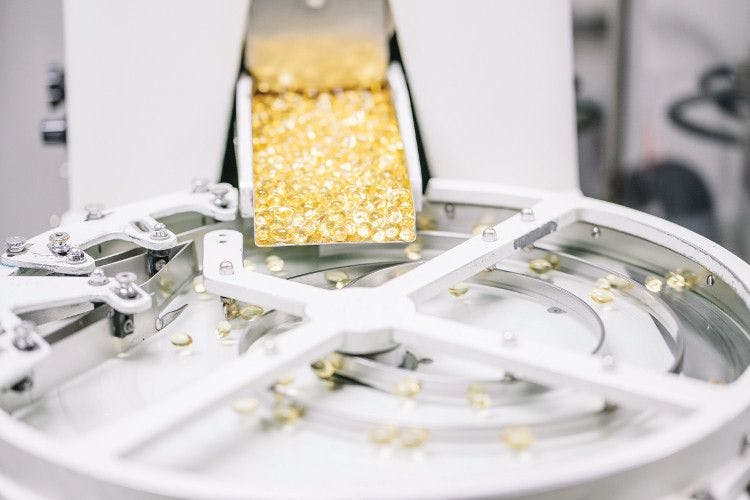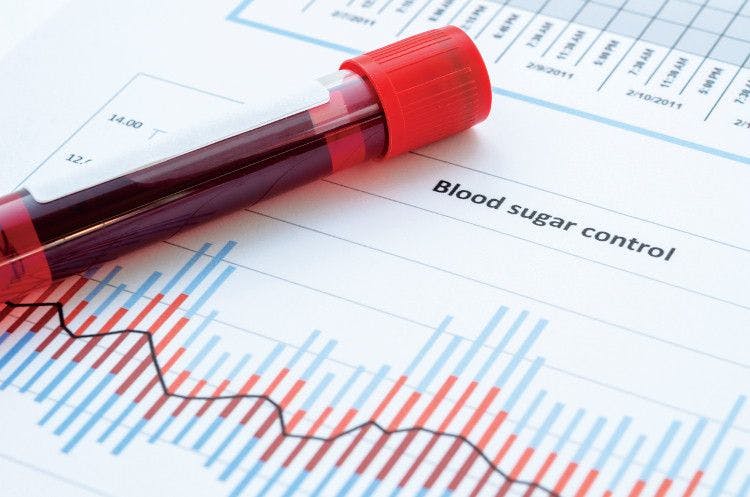Immune-support supplements gaining popularity with consumers of all types
As for which supplements consumers will turn to, the mix comprises both the tried-and-true and newer options heretofore little associated with immune health.
Photo © AdobeStock.com/ag visuell

In our fast-paced culture, few traits earn more praise than an almost superhuman ability to get stuff-a lot of stuff-done without hitch. At the same time, few forces are more expert at piercing those pretentions than the latest cold, flu, or other bug to lay us out flat.
That’s why immune-support supplements are perennial winners with consumers of all types-superhuman and otherwise. According to data from market research firm SPINS, products with a cold-and-flu focus racked up almost $1.13 billion in total conventional multi-outlet retail sales during the 52 weeks ending November 4, 2018-a jump of 15% over the previous year.
Such growth is hardly lost on Lisa C. Buono, client insights principal, health care vertical, IRI (Chicago). She’s noticed “much more chatter” about the immune system and its role in health writ large, and she cites growing interest in products like Airborne and Emergen-C as “a strong indicator that the masses are getting the message.” What message? “It’s a good idea to help head health troubles off at the pass through prevention.”
Ounce of Prevention
Keena Roberts, senior consumer health analyst, Euromonitor International (Chicago), agrees. Immune support, she says, is “hugely popular, especially in the wake of the severe flu season in 2014 and 2015.”
It may be getting even more popular as researchers progressively untangle the relationship between our physical wellbeing and the strain of modern life. “Consumers are busier and more stressed than ever,” Roberts says, “but they’re also very aware of the detrimental health effects that can occur as a result of stress. They want to be proactive and responsible for their health, but without disrupting their lifestyles.”
It’s all of a piece with the burgeoning “self-care” movement that consumers are embracing less as an indulgence of the privileged than as a crucial step toward fostering overall health.
IRI has surveyed consumers about self-care several times over the past five-and-a-half years, Buono says, and the insights thus gleaned suggest that the current trend is “vastly different from what we saw, say, a generation ago, where the approach was more weighted toward problem/solution and treatment,” she says. With prevention and promotion now at the fore, consumers are ready to invest in what Buono describes as “a robust immune system.”
Looking Out for Number One
Kimberly Weld, vice president of North American operations, Swisse Wellness (San Diego, CA), also believes consumers are looking at immune health with enlightened eyes-“taking into consideration not just what tablet they can take, but how their overall lifestyle affects their ability to stay well,” she says. “I think we’ll see a larger focus on everything from good sleep to stress management as part of holistic immune support.”
And the movement already disregards demographic boundaries. “This seems to be important to people of all ages and generations,” Buono observes. Among more mature consumers, she says, self-care’s emphasis on proactive prevention “is key to postponing or warding off entirely the diseases of aging: arthritis, cardiovascular disease, etc.”
It’s also key to maintaining a healthy pocketbook, which Buono wagers is “probably the biggest driver” behind mounting engagement with self-directed immune support. Healthcare costs keep rising, she says, which compels consumers to “actively try to stay out of our expensive system and manage many of their ailments on their own. This is definitely one reason we’re seeing an increasing sense of ownership and accountability on consumers’ parts regarding their health.”
Asserting Ownership of Health
As consumers are learning, dietary supplements are among the most affordable, accessible, and sustainable means of asserting that ownership.
“There’s so much that consumers are doing to boost immunity,” Buono says, “including eating a better diet with more fruits, vegetables, and immune-boosting ingredients, and getting more sleep. But that’s still a struggle, judging from the popularity of OTC sleep aids and supplement sleep formulas.”
Indeed, even the health-aware among us sometimes need a boost. As Samantha Cassetty, registered dietician and an advisory board member at supplements brand OMG! Nutrition (New York City), acknowledges, “A diet based on whole foods, with limited processed foods and added sugar, can be a very powerful support for immunity and protection against unhealthy aging. However, many Americans fall short of their needs.”
For example, Cassetty says that up to 80% of Americans aren’t getting sufficient quantities of magnesium, which can strengthen immunity by buffering stress and promoting restorative sleep. Supplements-like the packets of powdered magnesium OMG! Nutrition markets-help fill the gap and shore up immunity with little extra effort on busy consumers’ parts.
So supplements promise to be “a pretty big” factor in the immune-support equation going forward, Buono says. Even better, “The very action of using supplements seems to breed further improvement in health habits.”
Ingredients to Watch
As for which supplements consumers will turn to, the mix comprises both the tried-and-true and newer options heretofore little associated with immune health.
“The immune category used to be as simple as vitamin C, zinc, and Echinacea,” Weld says, “all put together in different proportions with slightly different variants. But over the years, the market’s evolved to include amazing ingredients like elderberry and Manuka honey-items that have been used to support immunity for ages but that hadn’t gained widespread popularity in the U.S.”
Roberts goes so far as to call elderberry “the ingredient of 2019: Consumers know and trust it, there’s clinical evidence to support its efficacy, and it’s tasty. So adherence rates are high, especially for children.” (Nutritional Outlook recently named elderberry one of its Ingredients to Watch in 2019.)
She’s also keeping her eye on mushrooms, which she thinks have “tremendous market potential in the coming years.” Why? “Consumers are learning more about the health benefits associated with various cordyceps species, and companies are innovating new formats to make mushroom supplements easy to add to a consumer’s daily routine.”
Take It Easy
Which makes a world of difference in gaining consumer buy-in for immune-support products. “Delivery systems are absolutely top of mind for everyone in the category,” Weld says. “But new ways of creating value for consumers don’t end with how the product is consumed. The product also needs to fit the consumer’s lifestyle. That may mean something that’s vegan, low sugar, or TSA compliant and easy to travel with. Along with branching out from a solid-dose culture, we need to factor in how consumers want supplements to fit their lives and develop them accordingly.”
Perhaps that explains the continuing appeal of gummies, which Roberts says “remain a popular format for immune defense since they’re so easy to take, and especially because they’re appealing to children-and immune-support supplements for children are a key growth category in this space.”
Cassetty notes that the evolution of probiotics to include a wider range of strains and delivery methods-not just refrigerated dairy but shelf-stable cereals, granola bars, and more-has helped make it a significant player in the immune-health arena. “The majority of our immune system is hosted in our gut,” she notes, which is “home to trillions of bacteria that make up our microbiome. The science of the microbiome and of probiotics is driving innovation in this field.”
How far do we have to drive? Buono estimates that the immune-support category is “about 20% of the way to maturity,” based on the percentage of consumers she sees as espousing preventive behaviors that boost immunity. And she thinks there’s still room to grow-as long as “there’s greater awareness on the part of large swaths of the public that we can ingest items to help boost our immunity.”
Launching better immune-support products will help the category immeasurably, particularly if the products make boosting immunity “more mainstream, easy, and fun,” Buono concludes. “Right now it’s still a bit of work. It needs to become as natural a part of our day as eating or sleeping. We’re not there yet.”

Prinova acquires Aplinova to further increase its footprint in Latin America
April 7th 2025Prinova has recently announced the acquisition of Brazilian ingredients distributor Aplinova, which is a provider of specialty ingredients for a range of market segments that include food, beverage, supplements, and personal care.

























